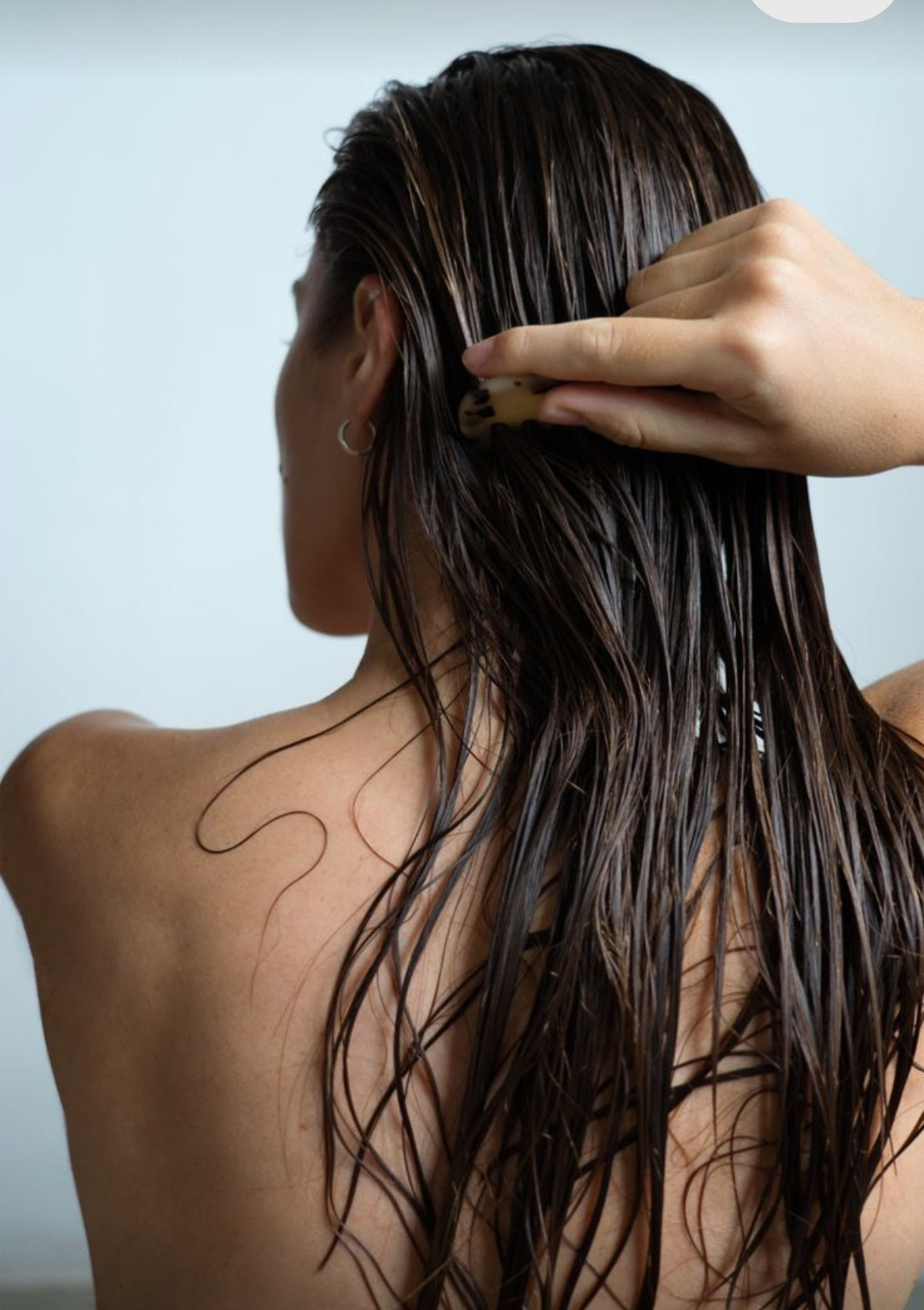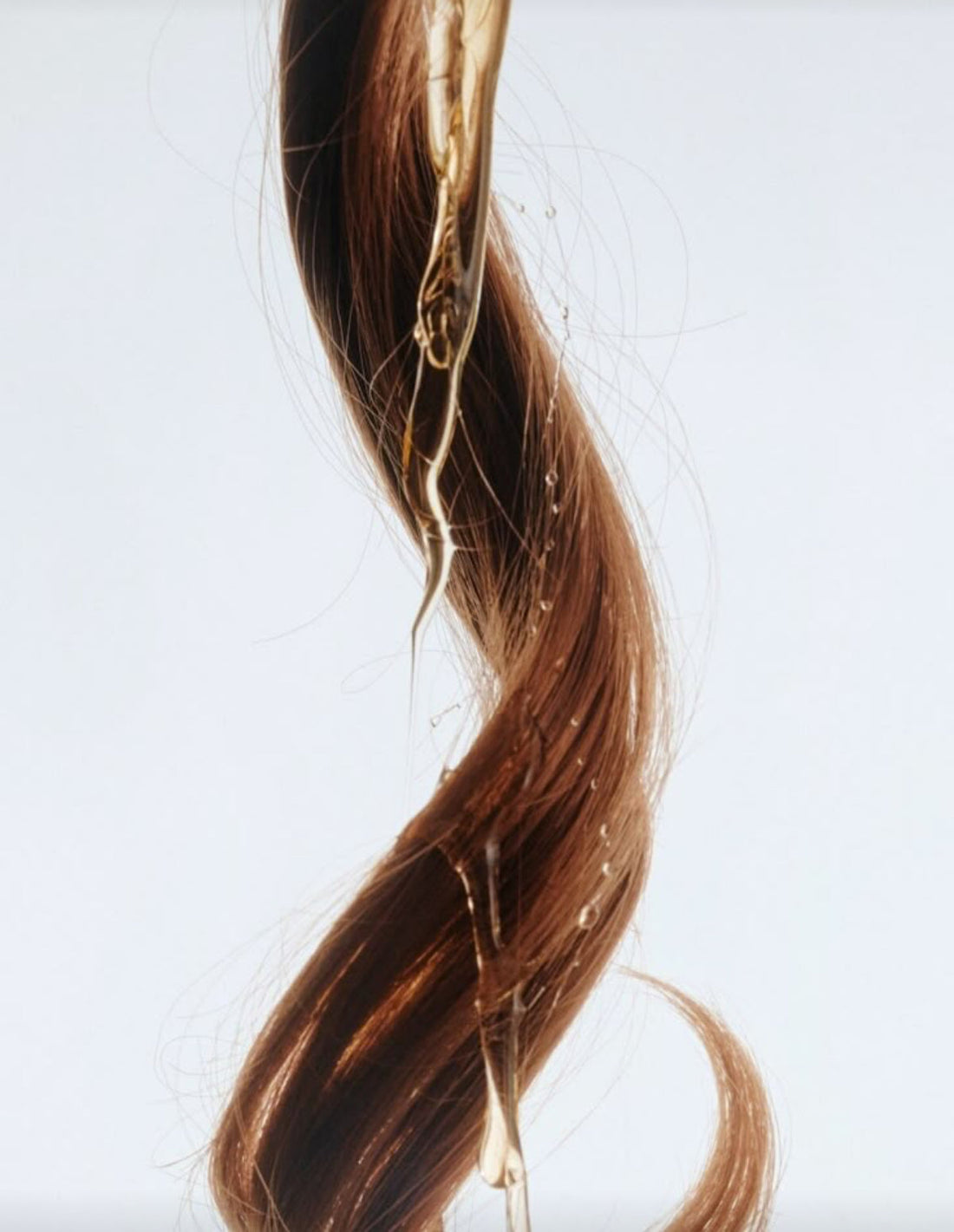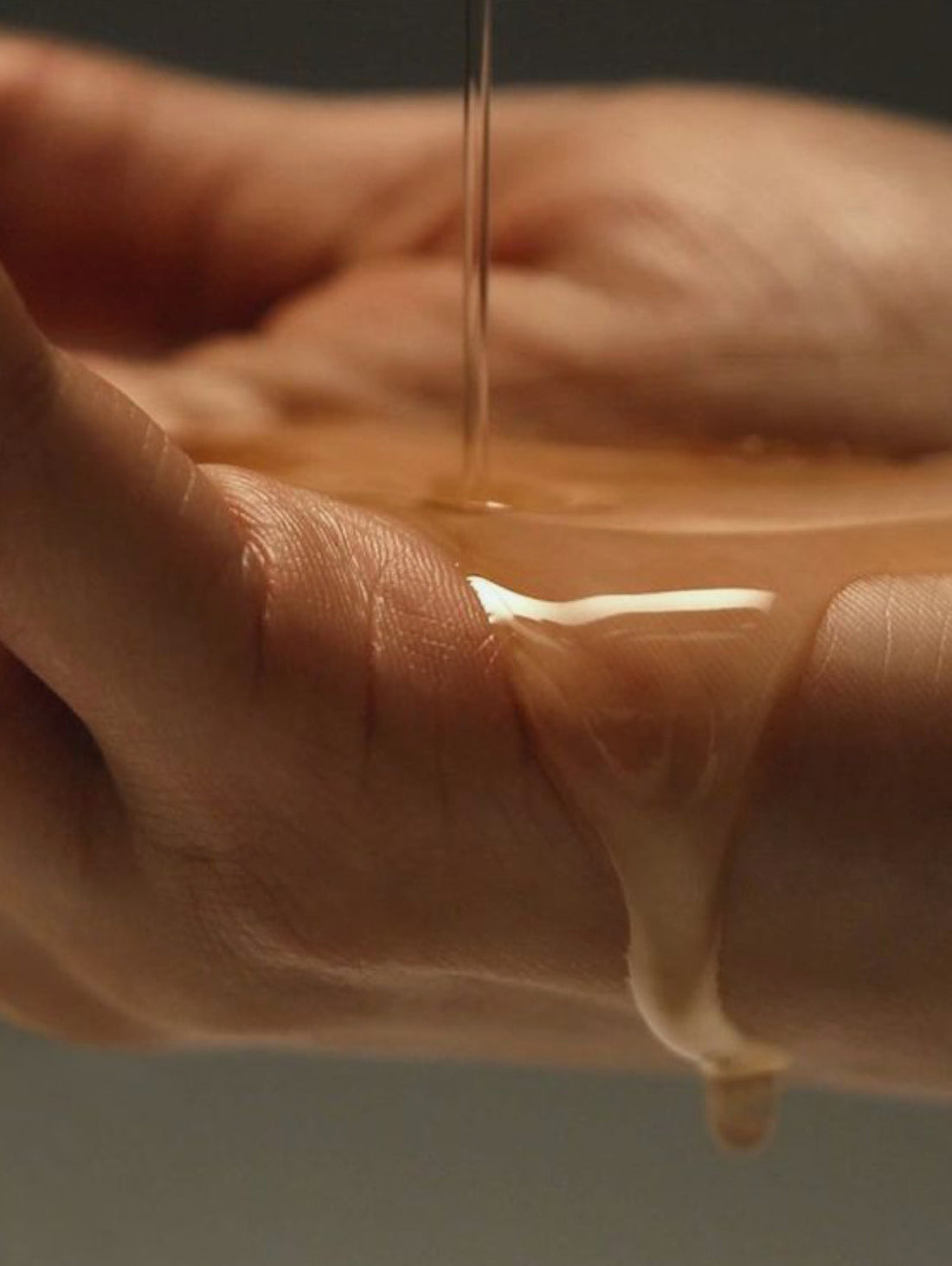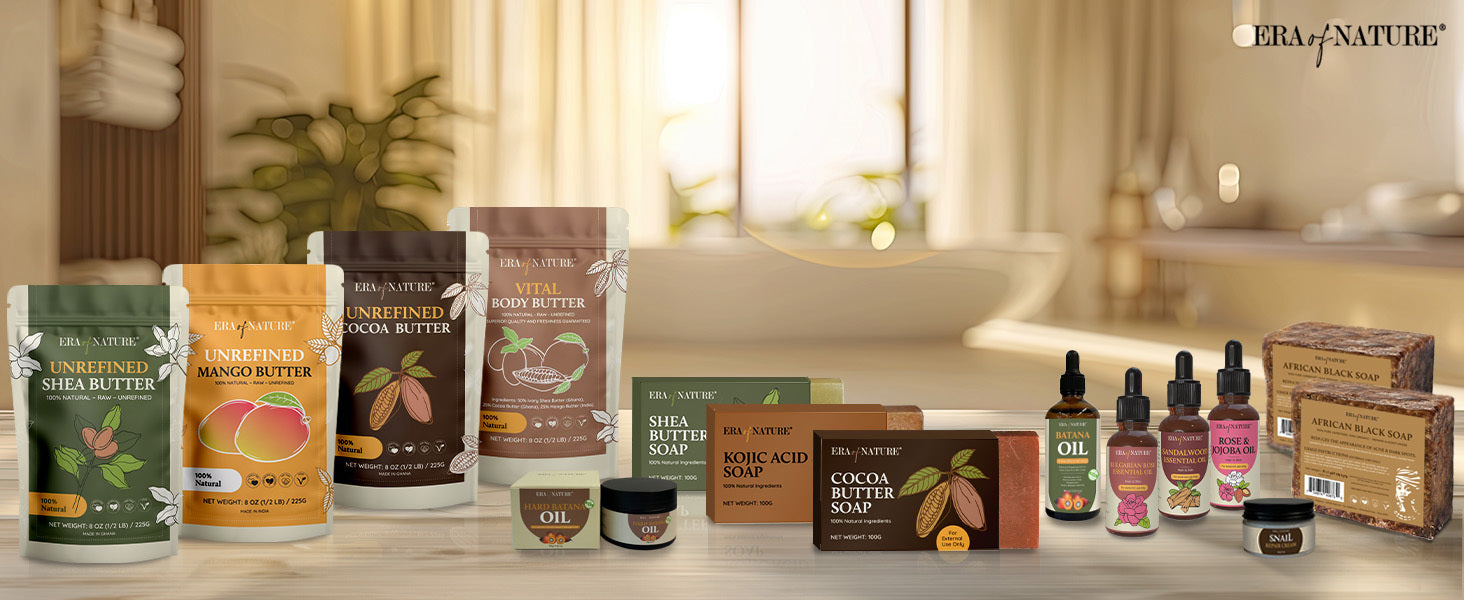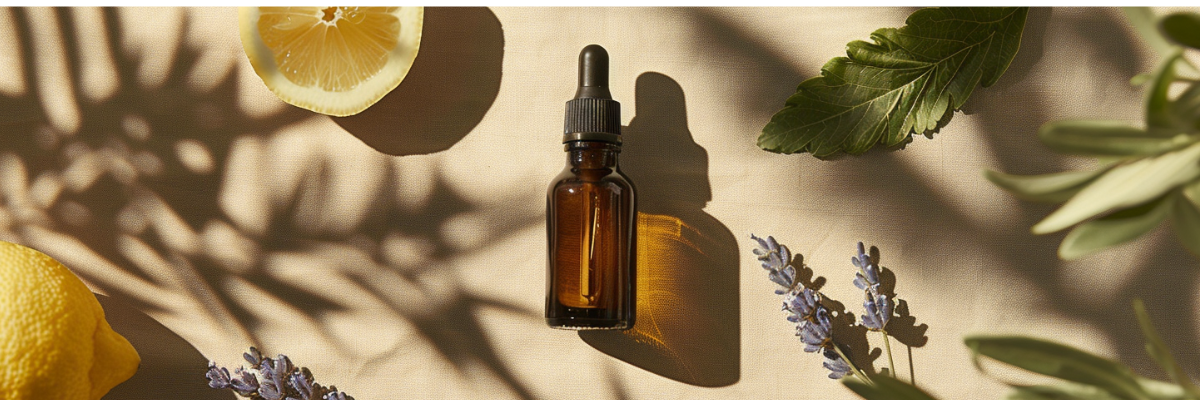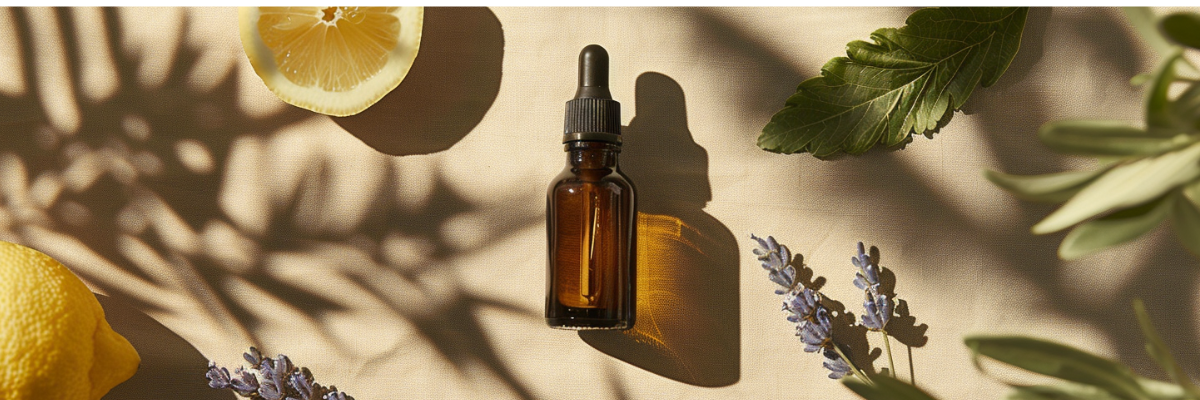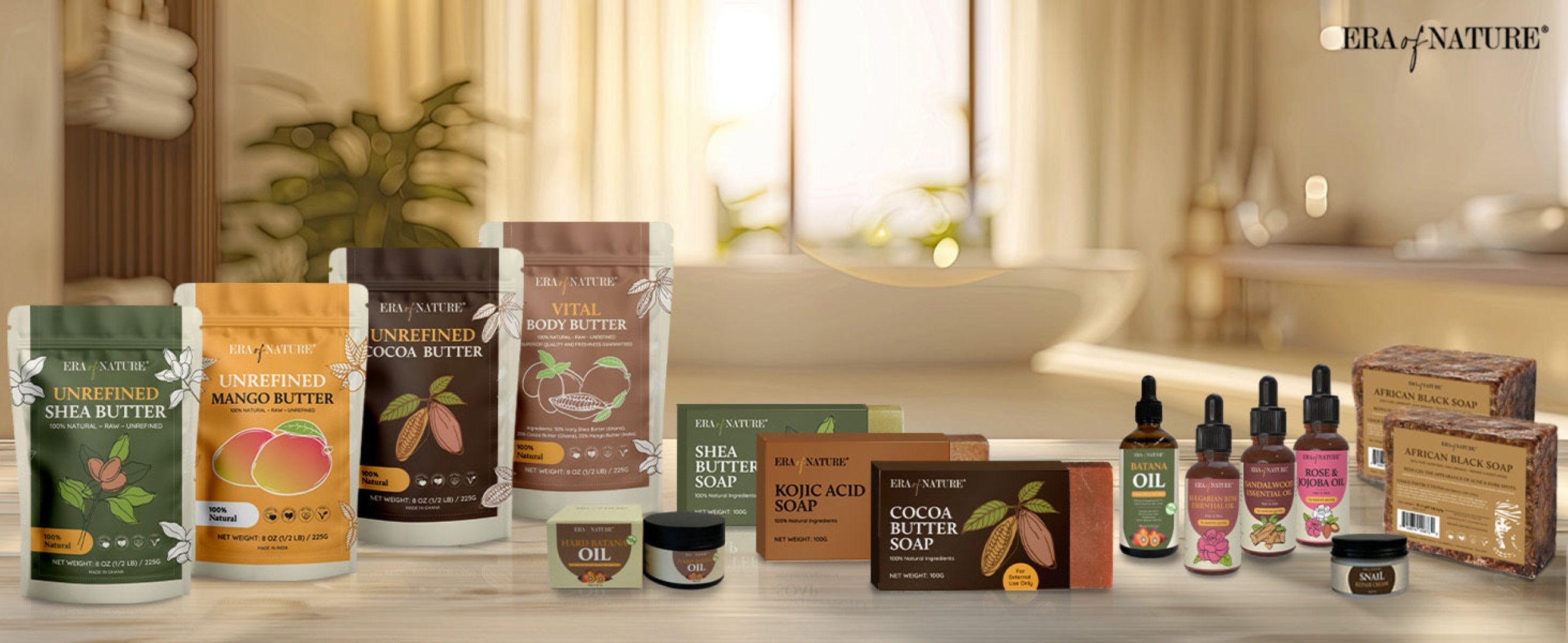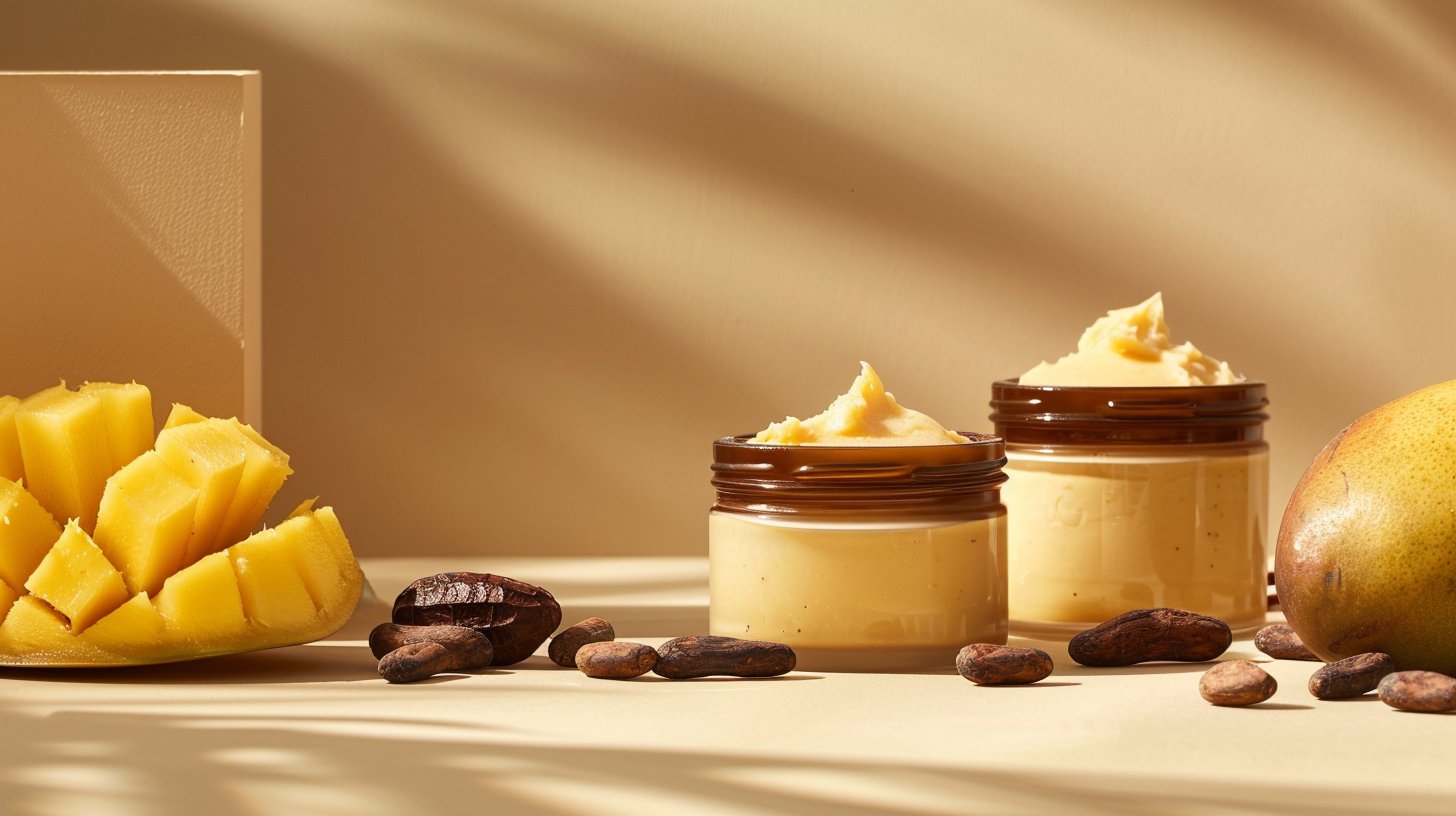News
Argan Oil for Hair Loss: Causes, Benefits, and How to Use It
Hair loss can be distressing, whether it happens gradually or suddenly. While genetics, lifestyle, and health conditions all play a role, a healthy scalp environment is essential for preventing thinning and supporting regrowth. Argan oil — rich in antioxidants, vitamin E, and essential fatty acids — is a natural remedy that nourishes the scalp and helps hair look and feel fuller. Below, we’ll explore the causes of hair loss, how argan oil can help, and how to apply it for the best results. What Causes Hair Loss in Women and Men? Hair loss can occur for many reasons, and understanding the root cause will help you choose the right treatment. Common triggers include: Hormonal changes – pregnancy, postpartum, menopause, or thyroid imbalances. Stress – physical or emotional stress can push hair follicles into a resting phase. Nutrient deficiencies – low iron, zinc, protein, or vitamin D can weaken hair. Genetics – androgenetic alopecia (pattern hair loss) runs in families. Harsh styling practices – tight hairstyles, chemical treatments, and excessive heat. Scalp conditions – dandruff, dermatitis, psoriasis, or excess oil production. Lifestyle factors – poor diet, smoking, and lack of sleep. If hair shedding is rapid, patchy, or accompanied by irritation, consult a dermatologist. Can Argan Oil Stop or Reverse Hair Thinning? Argan oil supports scalp health, which in turn creates a better environment for hair growth. While it won’t cure genetic baldness, it can: Unclog hair follicles when used with scalp exfoliation. Reduce dryness, flaking, and irritation. Improve circulation through scalp massage. Protect hair strands from breakage with its antioxidant and fatty acid content. How Do I Apply Argan Oil for Best Results? Step 1: Exfoliate the scalp Before applying argan oil, use a scalp-specific exfoliator to remove buildup from styling products, environmental pollution, and excess sebum. Follow product instructions, then shampoo and towel dry. Step 2: Massage in the oil Place a few drops of argan oil on your fingertips. Starting at the front hairline, massage into the scalp in circular motions, working across the head and down the sides and back. Continue for 10–15 minutes. Step 3: Repeat consistently For hair loss concerns, apply three times per week. For scalp condition treatment (like dandruff or dryness), apply 2–3 times per week until resolved, then once weekly for maintenance. How Long Does It Take to See Changes? Results vary depending on the cause of hair loss. For mild thinning or scalp issues, some people notice reduced shedding and healthier hair texture within 4–8 weeks. For significant regrowth, expect 3–6 months of consistent treatment. Is Argan Oil Better for Scalp Health or Follicle Repair? Its main strength is improving scalp health — reducing inflammation, dryness, and buildup. This healthier environment can help follicles work optimally, but argan oil alone won’t regenerate completely inactive follicles. FAQ: Argan Oil for Hair Loss Can Argan Oil regrow hair? It can encourage healthier, stronger hair and reduce shedding, but results depend on the underlying cause. Is Argan Oil good for bald spots? It may help if bald spots are caused by temporary conditions like stress, nutrient deficiency, or scalp inflammation — but not in cases of advanced genetic baldness. Can I leave Argan Oil in overnight? Yes. Overnight application allows for deeper penetration. Protect your pillow with a towel or hair wrap. Should I use Argan Oil on wet or dry hair? For scalp treatment, apply to towel-dried hair after washing. For strand conditioning, use a drop or two on dry hair.
Learn moreJOJOBA OIL
Jojoba oil is extracted from seeds of the jojoba plant, scientifically known as Simmondsia chinensis, which are indigenous to southern United States and northern Mexico. The total area planted with jojoba plants in the United States is about 45,000 acres and it takes three years for the seed to grow into a plant. Ninety-five percent of them end up in personal care or health products, blended with other ingredients. Jojoba oil is actually not an oil, but a liquid wax. It’s a melted type of vegetable wax and is found in the seeds/nuts of jojoba plant. The pure version of the jojoba oil has a bright, golden color. It has a high shelf life and can be stored for long periods. It does not oxidize easily and will not turn rancid compared to other oils because it does not contain triglycerides, unlike most other vegetable oils such as grape seed oil and coconut oil. Jojoba oil is non-toxic, non-allergenic and non-comedogenic. This means that it will not clog pores and will not cause any allergic reactions. It can safely be used around the eyes and on the skin. It does not cause a greasy feeling when used on the skin. It is packed with almost all of the vitamins and minerals essentially needed – for healthy hair and skin, namely, vitamin E, B-complex, copper, zinc, selenium, iodine, and chromium.It contains many different varieties of tocopherols which make up Vitamin E and many other natural minerals. Vitamin E is well known for promoting healthy and clear skin. It prevents damage from free radicals – Jojoba oil is an antioxidant and protects you from the damaging effects of free radicals, which is believed to contribute or cause various chronic diseases and cancer. It is antibacterial – Most bacteria including Staphylococcus aureus and the fungus Candida albicans cannot reproduce and die when they come into contact with jojoba oil. In fact, it is so antibacterial that it can be used as a fungicide to control mildew. Imagine how powerful that is? USES FOR JOJOBA OIL Jojoba oil has immense uses for skin, hair and face. It can be used alone or can be combined with other essential oils to make it more effective. This oil is beneficial due to its moisturizing and emollient properties. Its awesome beneficial qualities to manage skin and hair have made it a useful ingredient for hair, beauty and skin care products. Moreover it is anti-bacterial, anti-inflammatory and non-toxic that again make it useful for hair, face and the whole body. JOJOBA OIL FOR SKIN, HAIR AND FACE The jojoba oil is the only oil that closely resembles human sebum – an oily substance naturally produced by the oil glands below the skin surface, so its uses and benefits to the skin and hair are high. It is a perfect choice for those who want to use natural products for their skin, hair and face care. It is very commonly used organic ingredient in many beauty products, like skin lotions. It is full of various organic and mineral elements that can provide you with naturally groomed and glowing skin. It aids to combat facial lines, skin scarring and fatty tissues. Jojoba oil lessens irritated skin and promotes natural production of collagen. It protects from sun and prevents premature aging symptoms, such as fine lines and wrinkles. Jojoba Oil for Wrinkles: Jojoba oil not only firm-up and keep your skin hydrated, but also useful in lessening the appearance of skin wrinkles. It is packed with vitamin E, which is effective in getting rid of free radicals that are responsible for aging of skin. Regular use of jojoba oil also reduces the fine lines. The powerful antioxidants contained in the jojoba oil help in regenerating the skin cells. Jojoba Oil Acne: Jojoba oil has anti-microbial properties and contains iodine that prevent harmful bacteria growth, which otherwise causes pimples, blackheads, and acne breakouts. Blocked pores quite often lead to acne and pimple formations, which are common problem with teenagers. Many of the beauty products that claim to treat acne have animal fat, which can make the problem worse. Jojoba oil is non-greasy and has capabilities to kill bacteria, so it works as an effective natural remedy for acne. JOJOBA OIL FOR HAIR Jojoba Oil For Hair – Your hair is usually subject to maltreatment even with the normal styling and heating. Also when you colour your hair, it comes in contact with harsh chemicals that can harm the hair over time. Moreover, the chemicals loaded shampoo, moisturizing hair products, styling solutions and hair sprays also make the hair dry and weak. To undo the damage caused by such hair processes, you can apply a deep conditioning of hair in a natural way by using organic oils in your hair. Jojoba oil is one of the best oils to deal with dry, damaged hair and other problems, like dandruff, hair loss, etc. Jojoba oil acts as a good organic balancer. It is very useful for all types of hair, but is particularly good for dry, damaged hair, split ends and hair that is prone to tangling and damage. Jojoba Oil for Scalp: Jojoba oil on scalp works to clean the residues of blocked and encrusted sebum leading to reduced hair loss and diminished hair damage. Its aid to maintain the scalp clean and healthy. Jojoba oil not only helps in making your hair clean and soft, but its kerato-plastic effect makes the hair bright and elegant. Jojoba Oil for Hair Shine: Jojoba oil acts as a natural hair serum that imparts shine and healthy look to your hair. It’s particularly useful for dry hair. You can apply it to all over your hair for shine, or simply use it to the hair ends. Use jojoba oil to lock in the moisture in the hair shaft, which will provide glow and luster to your hair. Jojoba Oil for Hair Growth: Using jojoba oil to stimulate hair growth is an excellent natural home remedy. It’s a known fact that your hair release sebum, a natural oil, to keep your hair hydrated. Sometimes extra sebum is released by the glands that can block the hair follicles. This results into hair damage and hair loss. Jojoba oil prevents hair loss and hair thinning caused by the blocked hair follicles. Jojoba oil dissolves and opens up these blockades and promotes developments of new hair cells that lead to hair growth. Jojoba Oil for Dry Scalp: Jojoba oil is an excellent natural moisturizer that is readily accepted by the scalp. Dry scalp is quite often wrongly understood as dandruff, creating tight, flaky and itching skin. Jojoba oil works to intensely moisturize scalp penetrating into the pores. FAQ 1. What is jojoba oil, and how is it different from other oils? Jojoba oil is a liquid wax extracted from the seeds of the jojoba plant. Unlike many plant-based oils, jojoba oil closely resembles the natural sebum produced by human skin, making it highly compatible and less likely to clog pores. It’s non-comedogenic, lightweight, and absorbs easily without leaving a greasy residue. 2. What are the benefits of jojoba oil for hair? Jojoba oil helps moisturize the scalp, reduce dandruff, strengthen hair strands, and add shine. It may also help unclog hair follicles and promote healthy hair growth by balancing oil production and soothing irritated scalp conditions. 3. Can I use jojoba oil on my face or acne-prone skin? Yes, jojoba oil is generally safe for facial use and may even help with acne due to its antibacterial and anti-inflammatory properties. However, some people may experience breakouts or irritation. It's recommended to do a patch test before using it regularly on your face. 4. How should I apply jojoba oil to my hair or scalp? You can apply a few drops of jojoba oil directly to your scalp and massage it in to relieve dryness or dandruff. For hair care, warm a small amount between your hands and apply it to the mid-lengths and ends of your hair. It can be used as a leave-in treatment or rinsed out after 20–30 minutes. 5. Does jojoba oil expire, and how should I store it? Jojoba oil has a relatively long shelf life—up to 2–3 years if stored properly. Keep it in a cool, dark place, away from direct sunlight. Always close the bottle tightly, and avoid contaminating it with water or fingers to prevent mold or spoilage.
Learn more
